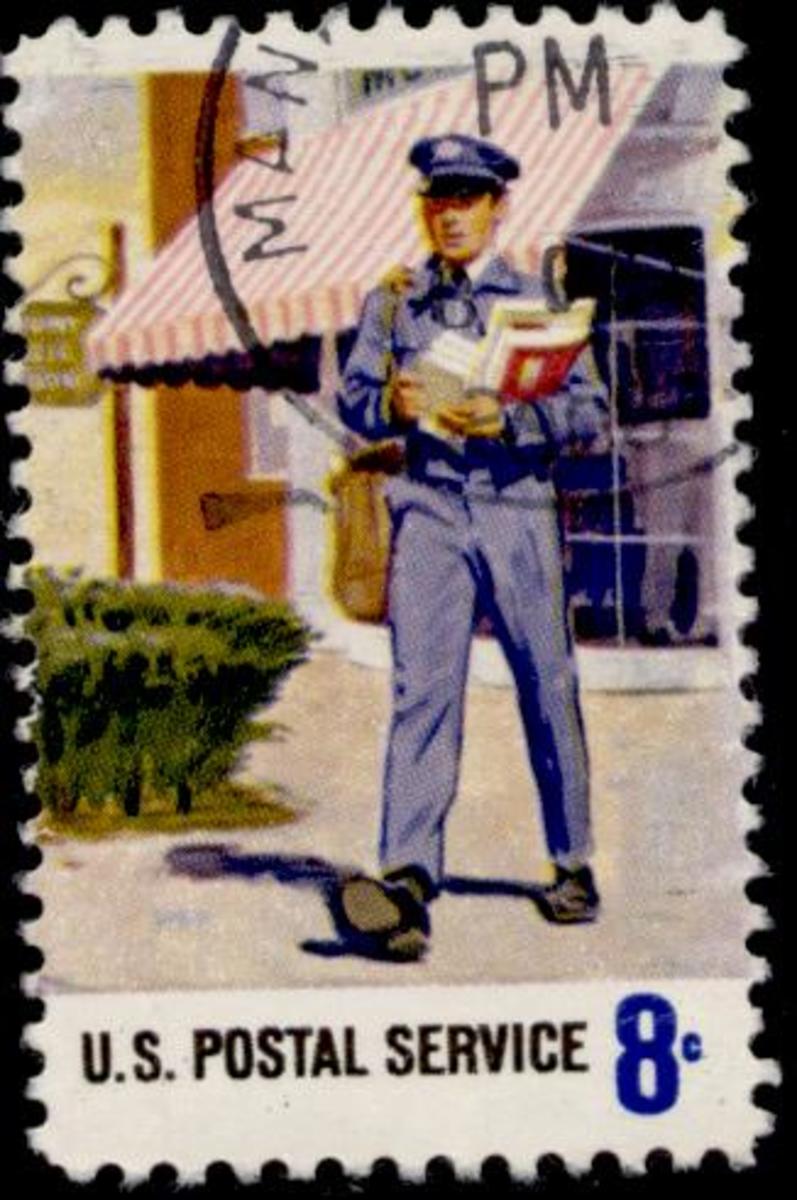- HubPages»
- Business and Employment»
- Employment & Jobs»
- Interviewing for a Job
Job Interviews -- How to Prepare and Participate

Interview Preparation or Participation Which is More Important?
Many people are constantly searching for job interview tips (especially secrets on how to prepare for an interview) via the internet, books and other offline interview preparation resource guide. However, how about searching for information on how to participate in an interview --- which in my opinion is equally important, yet is something only few people seem to give much thoughts!
How to Prepare for an Interview - Five Important Questions to Ask Yourself
Many people are already equipped with multiple interview preparation tips, so in regard to how to prepare for an interview, I would just like to add these few main tips which I think should also be of top priority. As you prepare for an interview, the following are five important questions that you should ask yourself:
Q1. Why do you want this job? Aside from the fact that you will be earning a salary, what's your reason for seeking this particular job?
Q2.What knowledge or skills do you need for this job? What skills, talents, abilities can you bring to this position? List your major skills; which ones are most relevant to this particular job? What training or work experiences would be particularly meaningful in this position? What should you stress in explaining your qualifications?
Q3.What data can you compile about the company before the interview? What research should you conduct to show that you're seriously interested in this company and what it offers? You may consult a campus placement office or even check with a local employment agency; they may have useful information available. If the company is a large national firm, search through some of the business publications for relevant information. Make a phone call to the company's public relation office and ask them to mail you an annual report or other informative materials.
Q4.What working conditions, such as location, extent of travel, benefit package, salary and so on, are you willing to accept? How much of this information is available in the job description? If nothing much was mentioned there or by the interviewer, what issues or important concerns still need to be discussed?
Q5.What is the most appropriate way to dress for the interview? How will the interviewer expect you to dress? How do you want to present yourself? By thinking through these and other similar questions, you can attend an interview not only feeling more confident but also with a clear idea of what you want to accomplish.
How to Participate in an Interview
According to most literature on public speaking, an interviewer seldom gets down to business during the first minute or so of the interview. There is a brief time allowed for exchanging social conversation about the day, last night's football game, and so on. This time allows you to relax and to establish a communicative relationship with the interviewer.
During this brief moment you can usually pick up on a few things about the interviewer, such as how likely it is that he/she will be friendly, outgoing and relatively informal in conducting the interview, or will be all about business once the obligatory social chats are out of the way. It’s very important that you try as much as you can to adapt to the social atmosphere that the interviewer seeks to establish.
During this brief time, both of you are gaining first impressions of the other -- so make this initial moment of first impressions work in your favor. Follow the interviewer's lead. When he or she is ready to transition to more formal questions, you should be able to change gears and begin answering and asking questions regarding the position you are being interviewed for.
Usually, the interviewer will begin with background information about the position and will ask general questions about your academic and work experience. As you respond to general questions in these two areas, be wary of "over-talking" a question --- going on and on non-stop. You should always give precise answers, developed in sufficient detail to respond full to the question.
Please bear in mind that not only will you be expected to answer questions, you will also be expected to ask questions as well. Try to ask a few good questions. Asking the interviewer questions such as what he or she likes about the company, what the opportunities for advancement are, how much travel would be involved, and what kind of equipment you'll be working with, and so on, are questions considered appropriate.
Asking questions about salary and benefits can be delicate matter. If you probe too much or spend an inordinate amount of time on details, you may convey the wrong message to the interviewer. The impression he/she might get is that you're only interested in taking home a pay check. If the interviewer doesn't mention anything about this, you can ask what the expected salary range will be and what benefits in general terms, the company has for its employees.
You want to appear interested in how supportive the company is while simultaneously demonstrating your willingness to earn a salary. Be sensitive to the interviewer's cues that he/she is about to wrap up the interview. This might be an appropriate time to quickly go over your notes and ask if he/she could provide you with some information on just a few brief points that were not covered.
Avoid asking a dozen specific questions of no clear importance, as this will not create a positive impression. You can pull together your earlier statements regarding your qualifications and briefly restate them for the interviewer, as the interview comes to an end.
This gives you an opportunity to express your perception of what you can contribute to, and why you are interested in working for the company. If you are currently employed, the interviewer may ask why do you want to leave your current job. Even if the reason was something negative such as a bad experience, low pay, poor working condition etc,--- never say anything bad about your present employer. After the interview, forwarding a thank you letter to the interviewer, is definitely a good idea.
The Importance of an Interview Thank-You Note
Sending a follow-up note thanking the interviewer for his or her time and reiterating your interest in the position is a helpful touch. Beside being a social nicety, this is another opportunity to clarify any points made, add information you felt was inadequately covered in the interview, or simply to say "thanks" for an enjoyable experience.
Conclusion
Based on all the information provided above on job interviews, hopefully you are now able to see that when it comes to job interviews, both the preparation and participation are equally important!
(C)I.McFarlane 10/2012.*.








